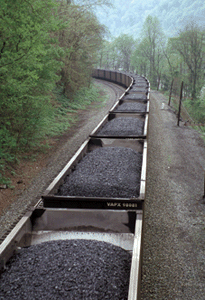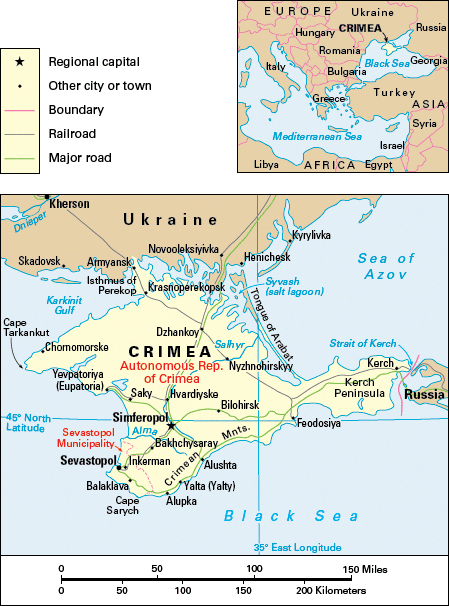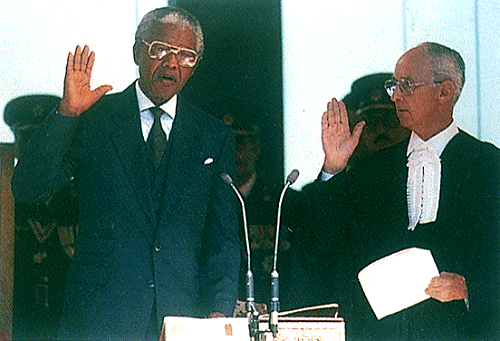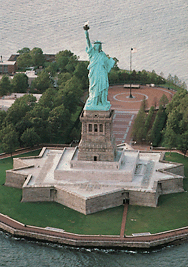High Court Upholds EPA’s Interstate Pollution Regulation
Wednesday, April 30th, 2014April 30, 2014
The U.S. Supreme Court, in a 6-to-2 decision, upheld a 2011 rule by the Environmental Protection Agency (EPA) that would limit certain kinds of polluting air emissions that cross state lines. The ruling means that such industries as coal-fired electric power plants will likely be forced to switch to cleaner-burning fuels, such as natural gas.
Scientists have long known that wind, under certain circumstances, carries sulfur dioxide and nitrogen oxide from power plants for long distances. These pollutants react with other substances to form smog and soot that can cause respiratory illnesses and other disease. Writing for the majority, Justice Ruth Bader Ginsburg acknowledged the complexity of the problem before the EPA. “In crafting a solution to the problem of interstate air pollution, regulators [that is, the EPA] must account for the vagaries of the wind,” she noted. “Most upwind states contribute to pollution to multiple downwind states in varying amounts.”
A tug of war between the EPA and smokestack industries over drifting air pollution has been going on for decades. In 2002, the administration of then-President George W. Bush instructed the EPA to adopt new rules overturning a provision of the Clean Air Act of 1970 that required companies to adopt the best available pollution controls when major sources of pollution–such as coal-fired electric plants and refineries–are upgraded or enlarged. The provision was reinstated by the administration of President Barack Obama. Texas and 13 other states and power companies filed a lawsuit challenging its reinstatement, and a federal appeals court ruled in their favor in 2012.

Most coal mined in the United States is used to fuel electric power plants. Domestic coal is also shipped to China, where it contributes to air pollution that drifts across the Pacific to North America. (c) Grapes/Michaud, Photo Researchers.
Legal experts characterize yesterday’s court decision as an important victory for President Obama in his effort to reduce power plant pollution in 27 Midwestern and Appalachian states. EPA Administrator Gina McCarthy called the ruling “a resounding victory for public health and a key component of EPA’s efforts to make sure all Americans have clean air to breathe.”
Two of the court’s more conservative justices, Antonin Scalia and Clarence Thomas, dissented. Justice Samuel Alito recused himself from the consideration of the case.
Additional World Book articles:
- Acid rain
- Environmental pollution 2002 (a Back in Time article)
- Environmental pollution 2011 (a Back in Time article)











